Mankai, a type of duckweed, grows floating on the surface of freshwater and resembles a clover. This plant is found abundantly in Southeast Asia and is familiar to Vietnamese people as a feed for livestock and farmed fish. However, numerous studies have shown that this plant contains 9 amino acids and over 60 nutrients, making it a new "superfood" of the 21st century.
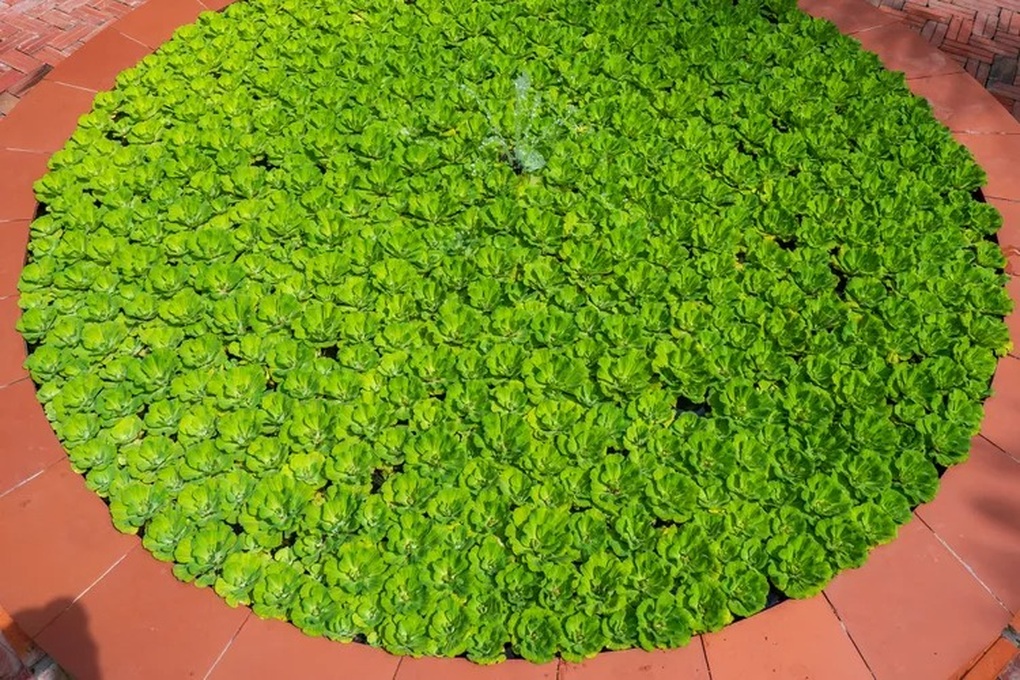
Mankai grows wild in Southeast Asia, is rich in nutrients, and is expected to be a "superfood" that could replace meat in the era of rising vegetarian diets (Photo: Getty).
In Israel, mankai is produced on a large scale in powder form. Mankai powder has a neutral taste and is easy to incorporate into many dishes such as smoothies, salads, soups, and baked goods.
Mankai has been shown to be a protein-rich food, containing all nine essential amino acids, comparable to chicken eggs. Research published in Clinical Nutrition indicates that the protein in mankai has high absorption rates, comparable to soft cheese and bean protein, helping to strengthen muscles and repair cells effectively.
Mankai also contains over 200 polyphenols, a type of plant compound with antioxidant and anti-inflammatory properties. These active ingredients help nourish beneficial gut bacteria, improve the microbiome, and protect the brain by reducing inflammation, enhancing memory, and improving cognitive function.
A 2022 study also indicated that consuming polyphenols from mankai and green tea helps reduce cognitive decline, prevent Alzheimer's, and thus enhance superior brain benefits.
Not only is mankai a source of protein, it also contains 60 nutrients, including bioavailable iron, fiber, vitamin B12, vitamin K, vitamin A, vitamin E, folate, zinc, and omega-3 fatty acids. 85g of mankai provides only 45 calories, 5g of protein, 4g of fiber, and 1g of fat.
As more and more people switch to vegetarian diets, mankai may be one of the top choices for supplementing protein and nutrients.
Research published on PubMed shows that people following a Mediterranean diet rich in mankai (a type of vegetable) and green tea experience reduced bad cholesterol (LDL), increased good cholesterol (HDL), and lower inflammation levels.
In addition, drinking mankai as a meal replacement has been shown to lower the glycemic index, delay the glucose response, and reduce the risk of fasting hypoglycemia.
Additionally, mankai supports weight loss due to its high protein content, which promotes satiety. Combined with exercise, it helps control weight and metabolism. This vegetable also contains plenty of lutein/zeaxanthin, which helps reduce inflammation and protect the retina.
Not only is duckweed good for your health, it's also an environmentally friendly vegetable. This aquatic plant grows rapidly, doubling its yield every 72 hours with minimal freshwater and light.
Because it's a freshwater plant, it can easily be grown hydroponically with only a fraction of the water required compared to kale, spinach, or soybeans. This means mankai can provide nutritious food year-round without the need for cultivated land.
Furthermore, this plant can be grown using filtered wastewater, a viable solution to global water scarcity. In addition, as a sustainable source of protein, mankai could be a viable alternative to animal meat, aligning with the current trend towards green food.
Source: https://dantri.com.vn/suc-khoe/beo-tam-duoc-vi-nhu-sieu-thuc-pham-moi-cua-the-ky-21-20251026225641967.htm






![[Image] Close-up of the newly discovered "sacred road" at My Son Sanctuary](/_next/image?url=https%3A%2F%2Fvphoto.vietnam.vn%2Fthumb%2F1200x675%2Fvietnam%2Fresource%2FIMAGE%2F2025%2F12%2F13%2F1765587881240_ndo_br_ms5-jpg.webp&w=3840&q=75)


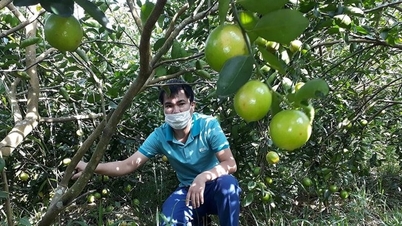

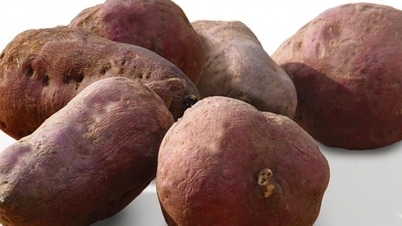


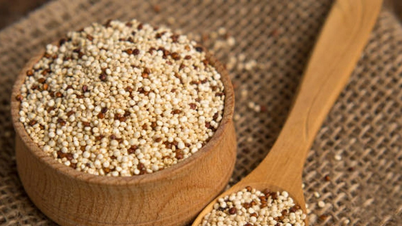

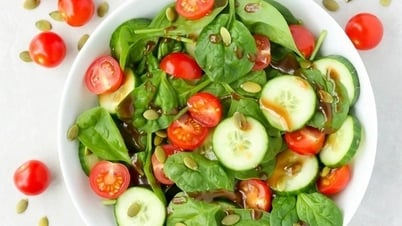
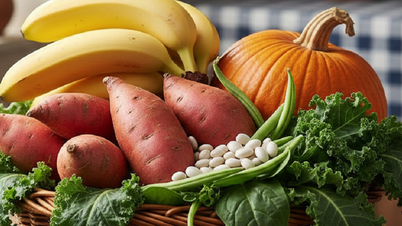



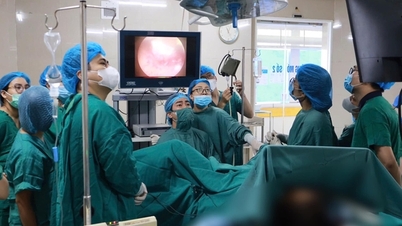











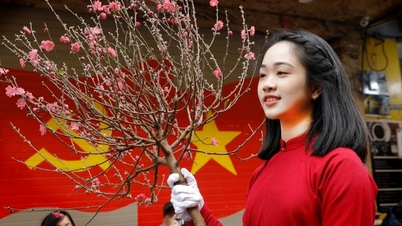





























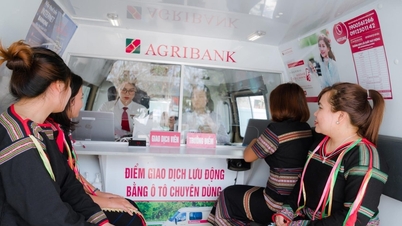































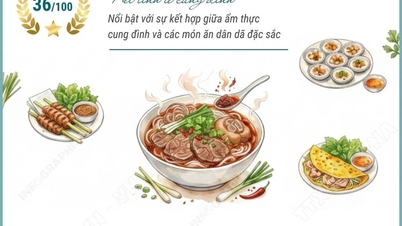






















Comment (0)